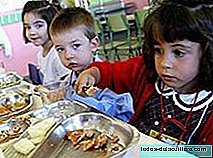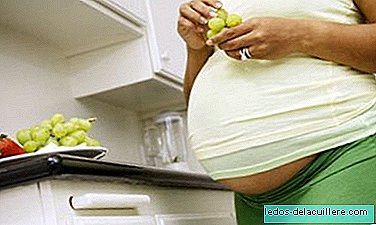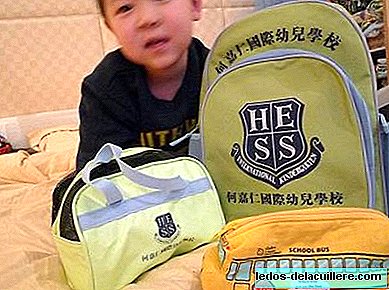
During the last months several news related to the menus offered in the school canteens have provided us with a clear perspective on the precariousness that they show, lack of fundamental ingredients for a correct feeding or lack of nutritional advice among other things.
A healthy and balanced diet provides children with optimal development, physical, psychic and intellectual, feeding is a fundamental pillar for this.
Among some of the issues that are going to be addressed during the celebration, starting next November 24, the Salon of Hospitality Equipment (HOREQ 07), is the strategy to follow to improve school menus. Studies such as the one carried out by the Spanish Association of Pediatrics and the Spanish Society of Dietetics and Food Sciences in schools in Spain will be presented, this study shows how school menus fail, such as fruits and vegetables, excess fat, etc. . How should a school menu be? It is a question that although it seems simple, is loaded with inconveniences that must be saved. For example, the lack of food education in parents and children, the lack of specialized advice in school canteens, the food budget, etc.
In the classroom, the necessary bases will be laid to improve the nutrition of children, always seeking to follow the NAOS strategy. Many measures are being established around infant feeding, all of them have been developed by experts in nutrition of companies in the agri-food sector, some of them are the following:
“The wording of the“ Nutrition Protocol ”, a minimum guide that indicates how school canteen menus should be designed. In it the gastronomic and culinary diversity of the autonomous communities is respected, the consumption of fruits, vegetables and vegetables as well as fish and legumes is encouraged; the consumption of polyunsaturated fats versus saturated fats and the adoption of the Mediterranean diet.
The design of the project “Food Week in school”, which consists of a series of activities, supported by teaching materials, to promote healthy eating among schoolchildren.
Ensure compliance with the following general recommendations:
Vegetables will be taken raw at least once or twice a week. Fatty meat derivatives will be limited to once a week.
Blue fish should be included in the menus.
The consumption of fried precooked fish will be limited to twice a month.
Precooked foods (fried, battered or breaded) will be limited to a maximum of two frequencies.
Consumption of sauces (mayonnaise, ketchup, etc.) will be limited once a week.
Frying oils rich in saturated fatty acids (palm kernel, coconut and palm oil) or in trans fatty acids will not be used, replacing them with healthier ones.
It is recommended to use iodized salt, as far as possible, in those endemic areas in iodine deficiency.
The drink of choice will be water.
At European level, through the FERCO (European Federation of Contracting Catering Organizations), of which FEADRS currently has the presidency, it has recently committed to:
The organization of a workshop with CIAA (European Confederation of Food and Beverage Industries), on the reformulation of products and "Healthy Food Week" at the headquarters of the Commission and the European Parliament (Brussels).
The conclusion of an agreement with Freshell (EU Association for the promotion of fresh vegetables and fruits), for the promotion of 5 servings of vegetables and fruit per day. "
Little by little, awareness is gained about the serious problem of overweight and obesity in all areas, this is a sample of this and hopefully, in a short period of time, infant feeding is a model that even adults should follow.












